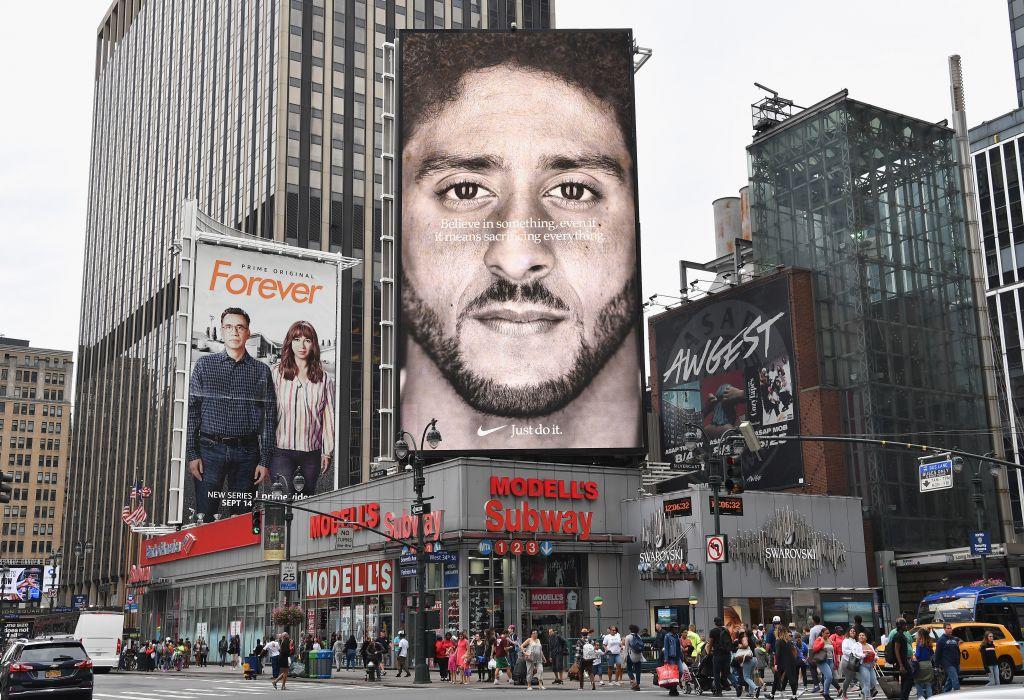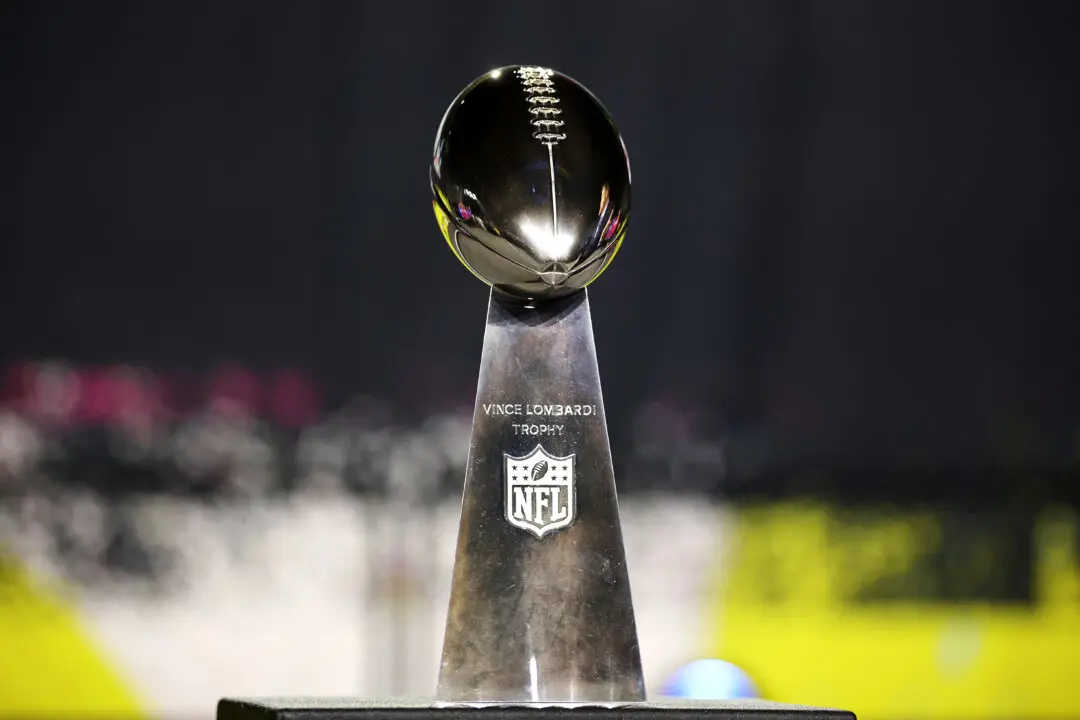Commentary
Colin Kaepernick, the currently unemployed NFL quarterback most famous for kneeling during the U.S. national anthem, has hit the jackpot. Nike Inc. has unveiled Kaepernick as a featured face in their new ad campaign. While the terms of the contract haven’t yet been released, Nike pays megabucks to the athletes in its ads.





